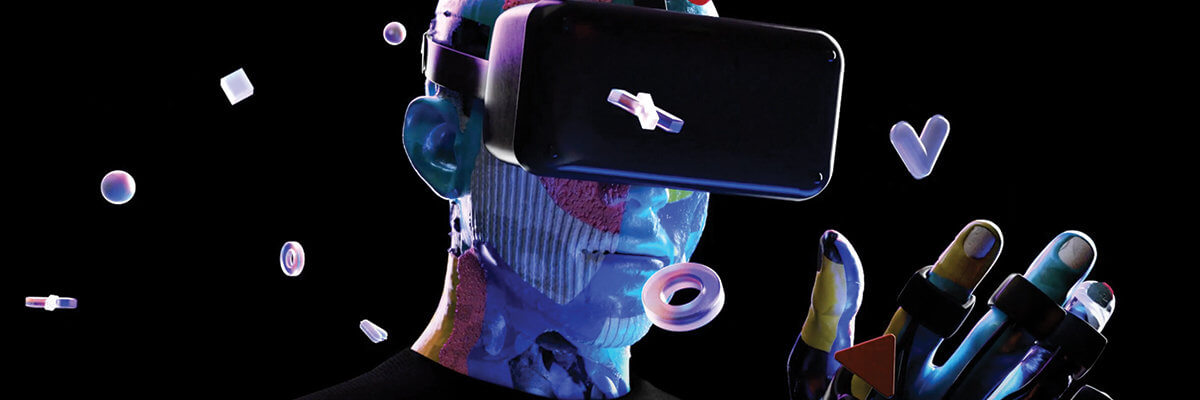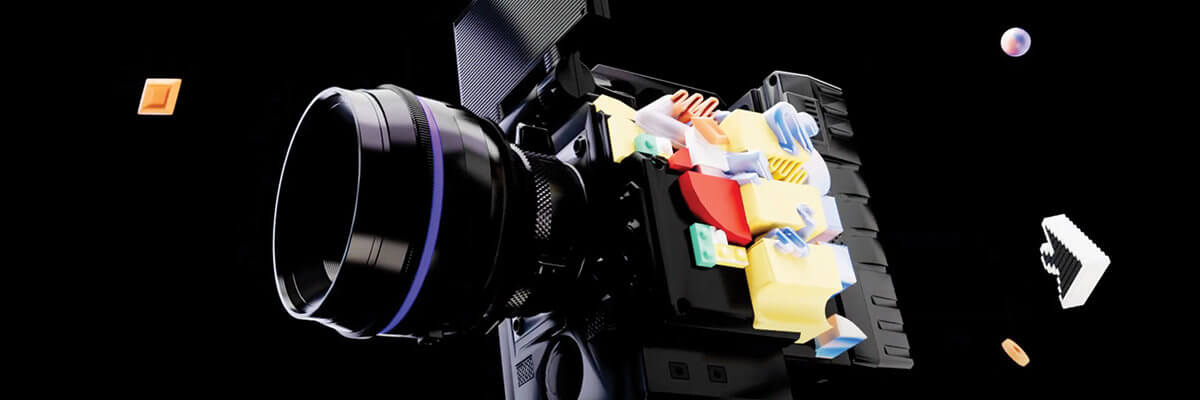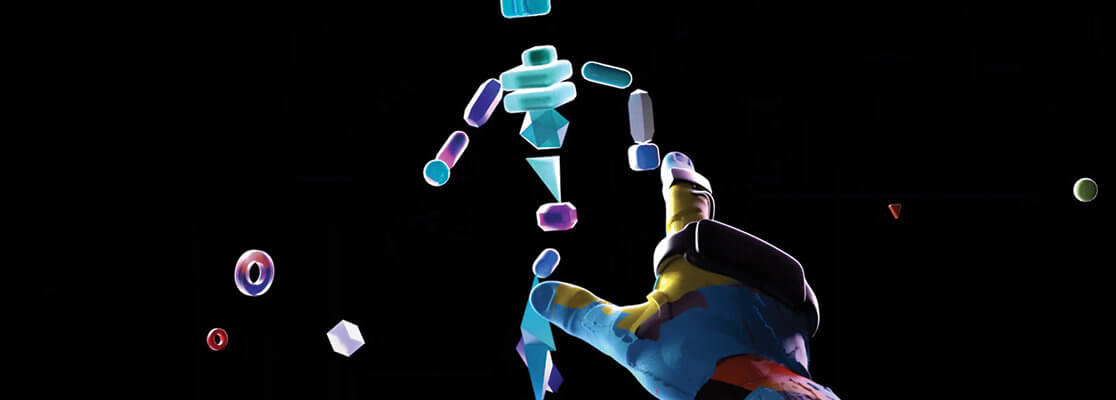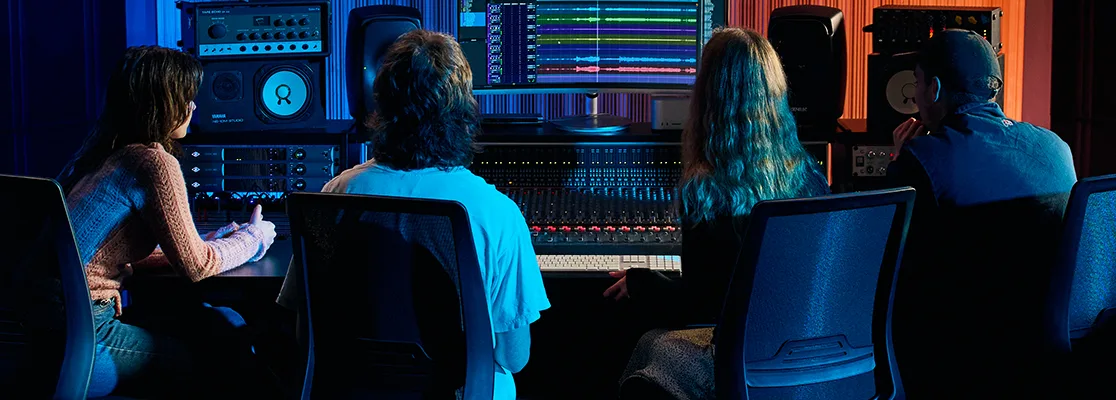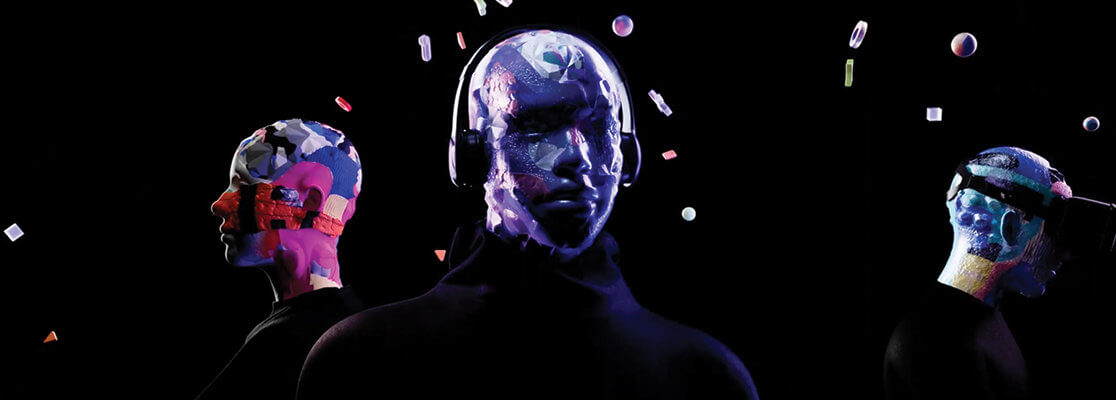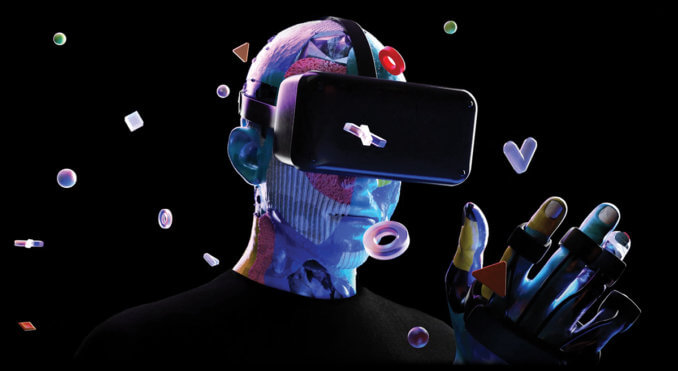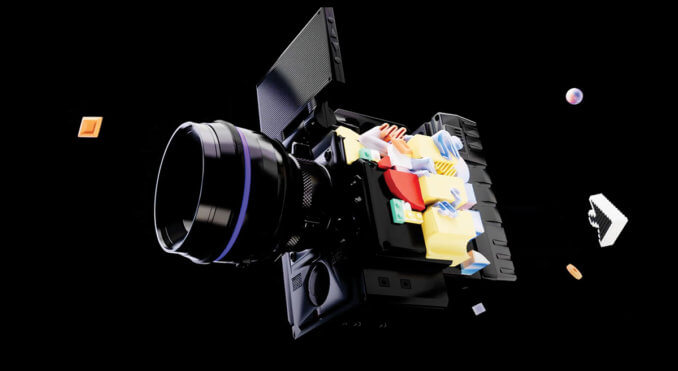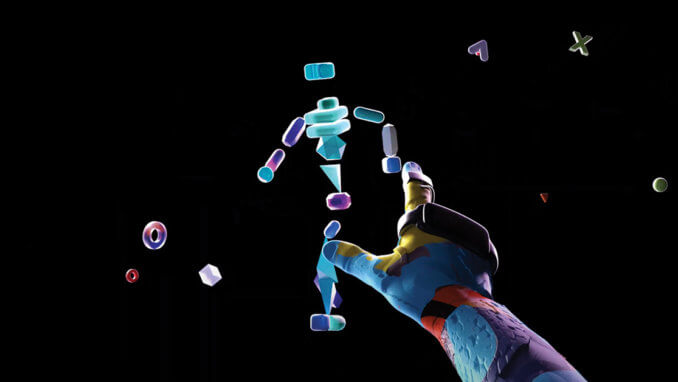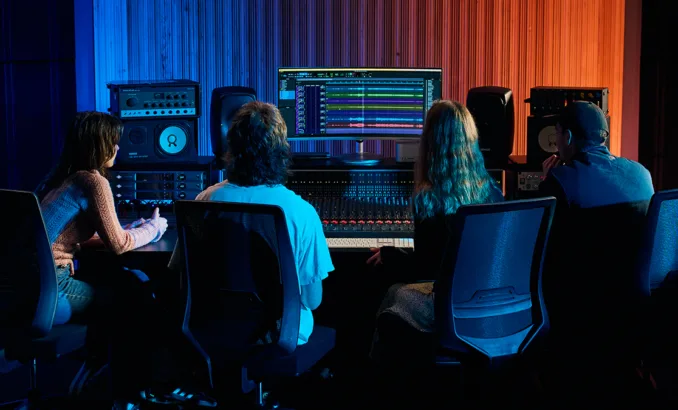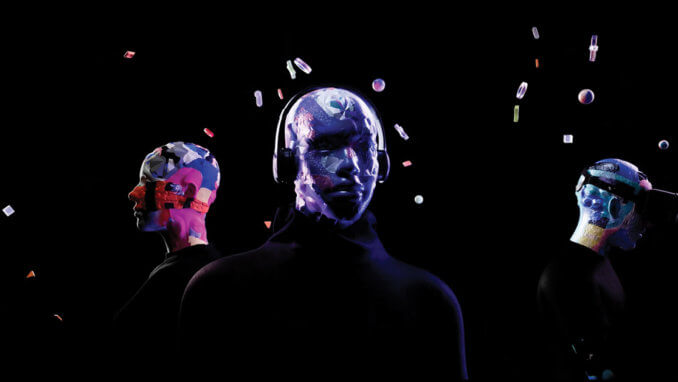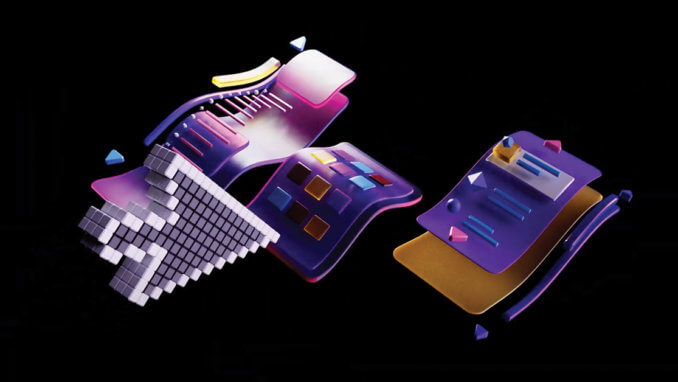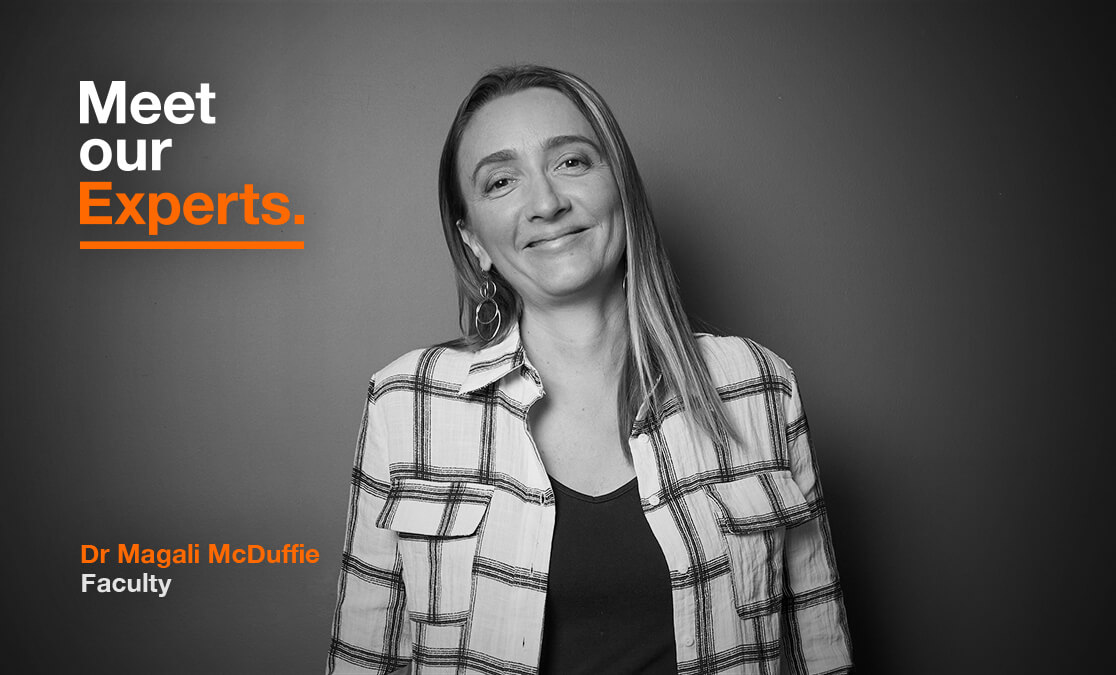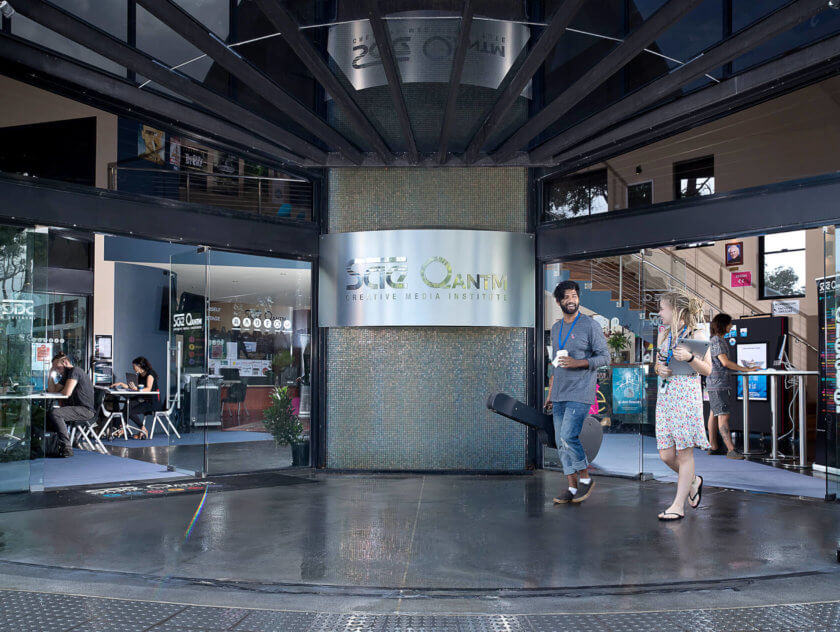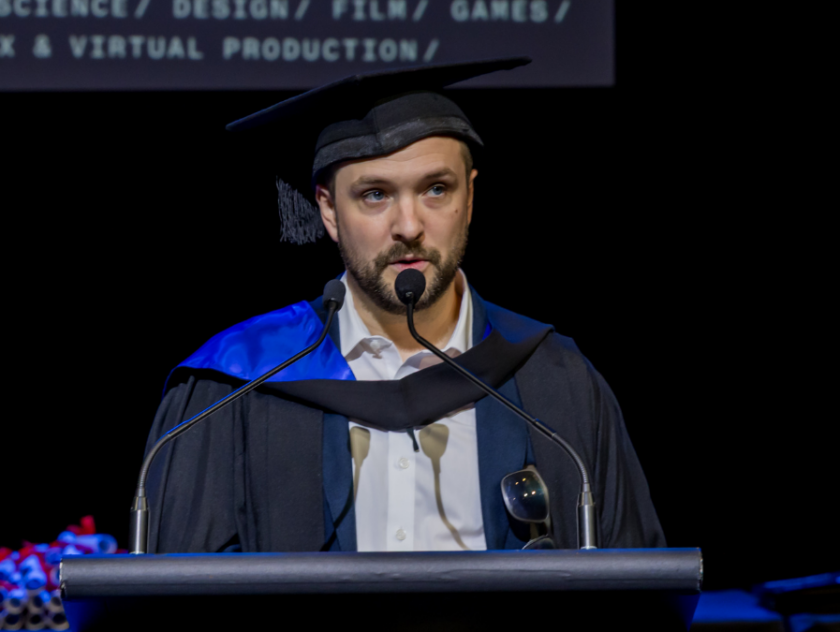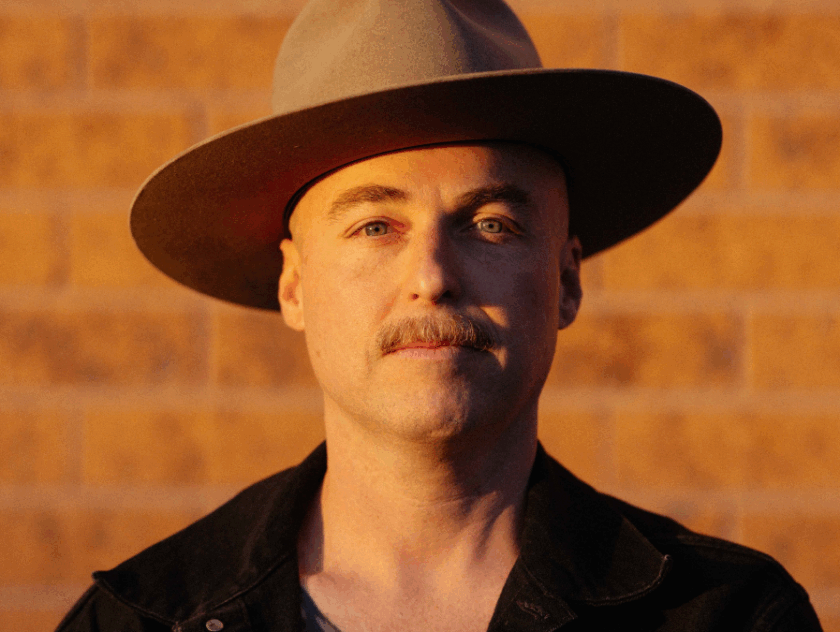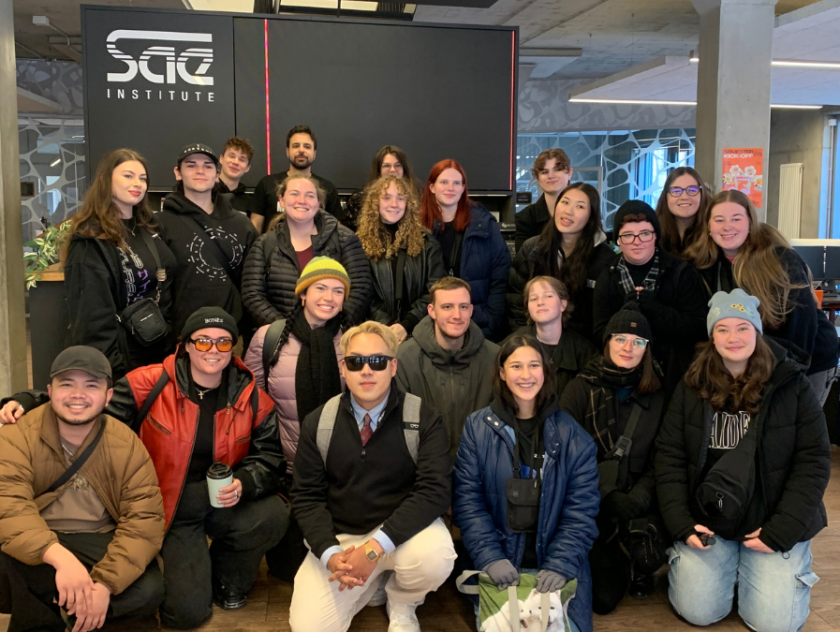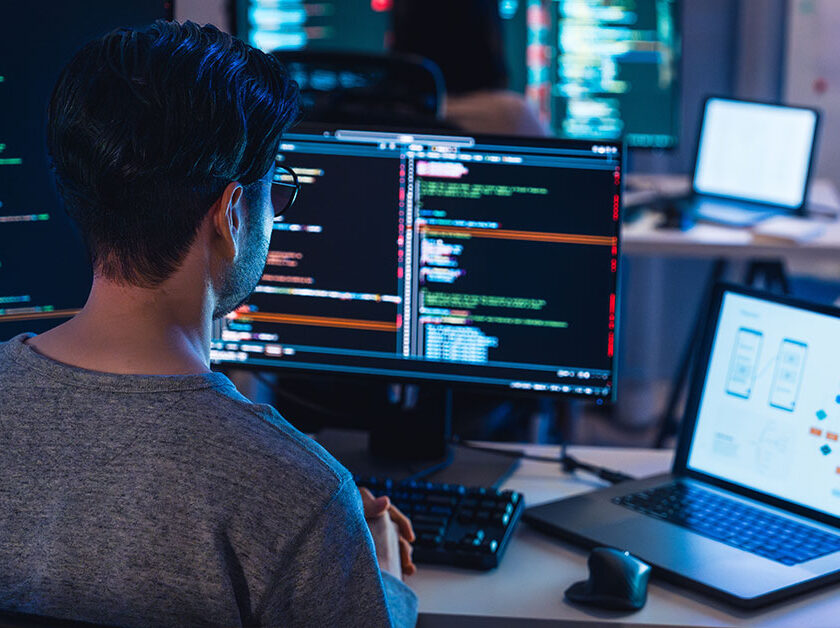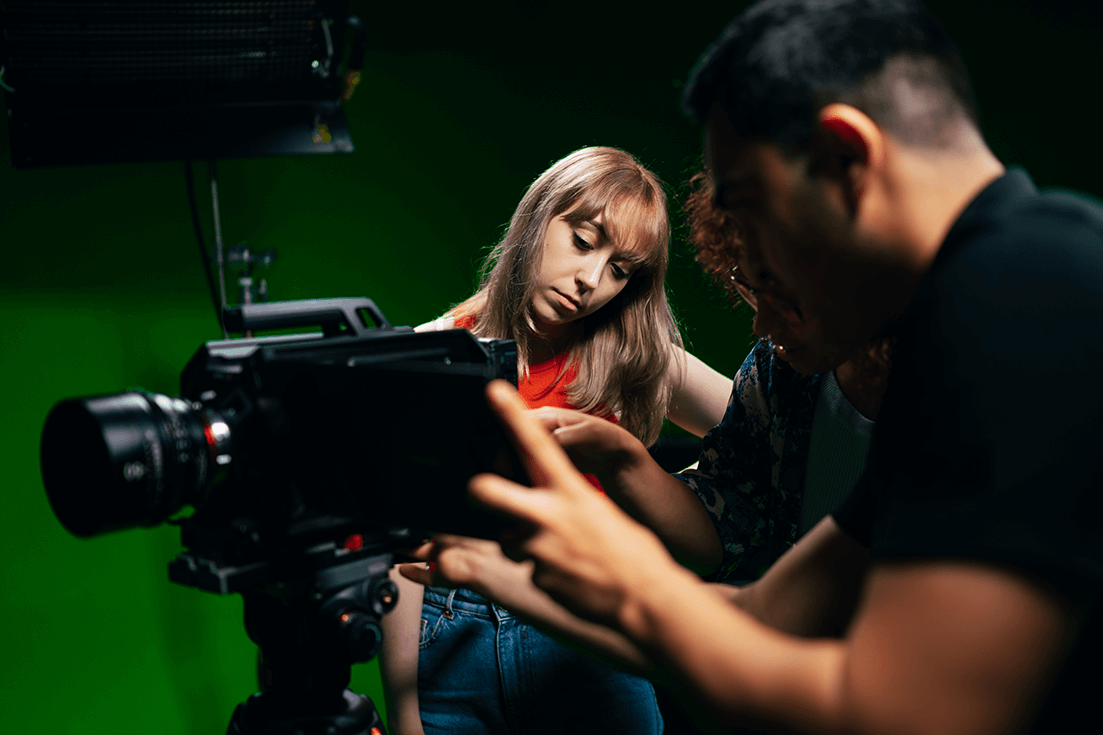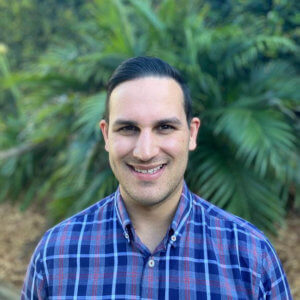
Magali is currently on secondment as the Academic Coordinator of SAE’s Jakarta campus, and was previously Film Course Committee Chair and Department Coordinator for Film at SAE Perth, where she helped shape the lives of future filmmakers.
During her childhood in Angers, France, Magali found herself drawn to books. “I was a quick learner and I found myself reading from the age of three. I always loved reading and exploring new stories.
“When I was seven, I read a book about Australia. The story was about a French family in the 1950s who travelled all over the country with their nine children, and the father happened to be a documentary filmmaker – that story really piqued my interest. Making films and traveling sounded like such a great life.”
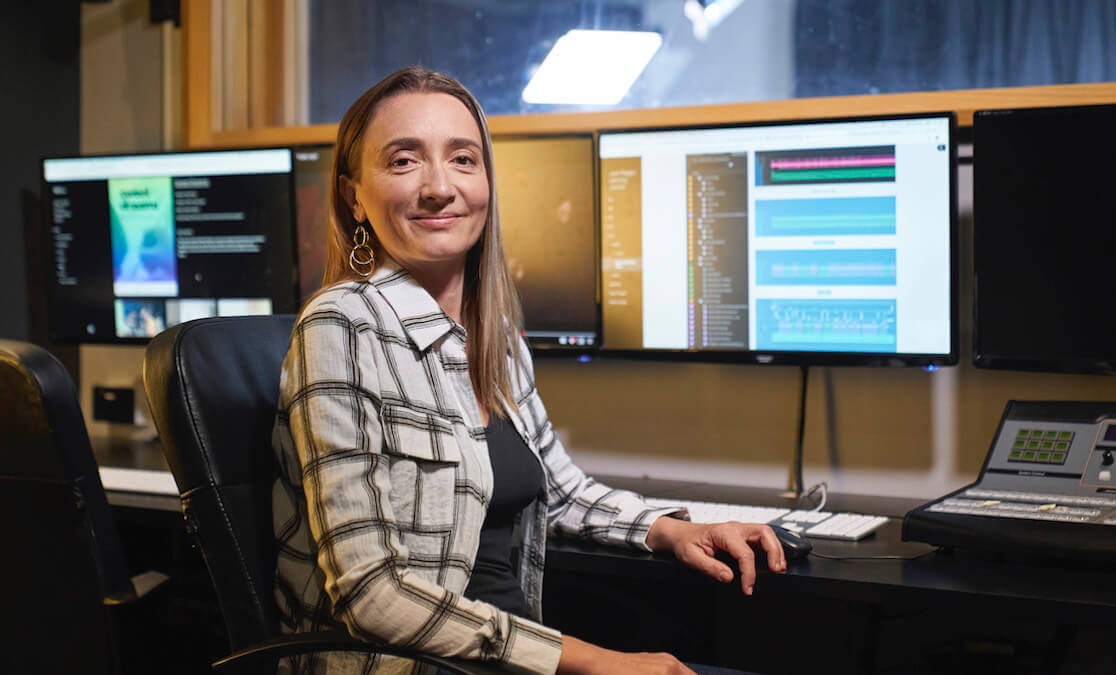
Growing up, Magali shared that filmmaking was never seen as a serious or achievable profession in her family, so she studied languages.
“I love travelling, and I figured that if I studied languages, I would get to travel and make films. Initially I became a professional translator in Germany for six months, and I hated every minute of it.”
After moving to Australia and studying for a film and television degree, Magali has worked together with Aboriginal communities to raise the voices of those who are often overlooked in the mainstream media for the past 17 years, including Nyikina women in the Kimberley, who she was invited to collaborate with in 2007.
“I’ve always seen the camera as a tool for emancipation and telling stories about injustice. To have been able to make people’s voices heard, through film, has been a great privilege. I still pinch myself at the opportunities I have had to learn from amazing Elders, their communities, and travel to some of the most remote places across Australia.”
The films Magali has collaborated on have gone on to be featured at festivals and conferences around the world including:
- UNESCO Human Rights Commission (2012)
- Rochefort Pacifique International Festival (2014)
- OECD Water Governance Initiative, Edinburgh (2015)
- World Climate Change Conference, Paris (2015)
- World Parks Congress, Sydney (2015)
- Festival du Reve de l’Aborigene, Paris (2016)
- Festi-Vaches Festival, Lyon (2017)
- SBS NITV (2016-2018)
- Native Spirit Festival (2016, 2019)
- International Uranium Film Festival (2020)
- Global Extraction Film Festival (2020)
- Quetzalcoatl Indigenous International Film Festival (2021)
- Films for Action (2018, 2022)
- ICTV – Indigenous Community Television (Ongoing)
“Looking at the last 15 years, the impact these films and documentaries have had has been fascinating, in terms of the international connections they have created, and the awareness of issues they have raised, and I’m proud that I’ve been able to facilitate that.”
Following in her footsteps, Magali is delighted to see students at SAE making impactful films and documentaries that focus on groups that often don’t have a voice.
“We had one student at the Perth campus recently who made a documentary about an association that helps settle refugees in Australia. He graduated with an associate degree and he now works at Ngaarda Media, an Aboriginal media organisation.
“I thought that was fantastic for him, and I’d like to think that over the past three years I played a very small part in raising the students’ awareness of Indigenous issues and how rewarding it is to work with community-based organisations.”

